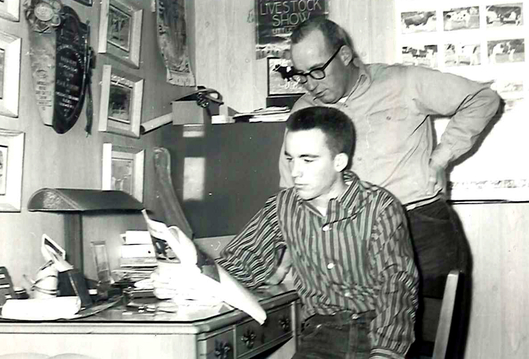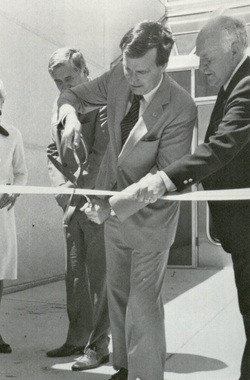Now, I can hear certain pushback, probably coming from folks of my generation, that choices were made and the consequences follow. But we’re long removed from generations where the “typical mother” stayed home and where day care was supplemented by an older generation still around to help. Today, having both parents—or one single parent—in the job market for economic reasons as well as professional development (such as job training and higher education, including student debt) for the years that follow, the process of raising children looks very different from what some of us were used to before.
Factor in the growing understanding of the importance of early childhood nutrition and learning, and one can easily see the wise investment in quality child care being a priority. What makes this a critical public issue, not just directly for the families themselves, is that a good start pays off for everyone. The results will mean more children really ready for school, more graduating and having actually learned, and more ready for the quality work force we need to build a brighter and more inclusive future.
What the exact answers are as to public policy, I don’t know for sure. But I suspect whatever we can do to address the flattening out of incomes for the middle class, and all aspiring to get there, would be a good start. I’m sure tax policy can play a role, although Donald Trump’s plan that would provide tax breaks for wealthy families while leaving struggling families to fend for themselves doesn’t exactly sound like the values and ideals we should be striving for if we truly want to build an economy that works for everyone. Fortunately, the American people will have their say on who they would rather have shaping these important policies, and there are plenty of good ideas and alternatives out there to discuss. Though the details of Mr. Trump’s plan don’t necessarily reflect this, the fact that this issue has finally reached this level of national dialogue does represent some progress. And it is my hope that rational conservatives can come forward with plans and ideas of their own and, through real deliberation, work with others to craft a policy that will help improve the lives of today’s working families and the future generations they’re working to raise.


 RSS Feed
RSS Feed